Learn Bachelor Of Vocation In Banking & Financial Services admission: eligibility, steps & dates for a bright financial career.
Admission Process for B.Voc. Banking & Financial Services Course
The Admission process for a Bachelor of Vocational (B.Voc.) in Banking and Financial Services course is a significant step for individuals interested in pursuing a career in the financial sector, including banking, finance, investment, and related fields. This program is designed to provide students with comprehensive training in banking and financial services, equipping them with the knowledge and skills required for various roles in the financial industry. Here's a comprehensive description of the typical admission process for a B.Voc. in Banking and Financial Services course
1. Eligibility Requirements: Prospective candidates interested in pursuing a B.Voc. in Banking and Financial Services program must meet specific eligibility criteria, which often include:
- Successful completion of higher secondary education (10+2) from a recognized board or equivalent qualification.
- Meeting any additional requirements set by the specific university or college offering the program.
2. Application Submission: Aspiring students need to complete and submit an application form to the university or institution offering the B.Voc. in Banking and Financial Services course. These applications are typically available online through the institution's website or can be obtained directly from the institution. Applicants should adhere to the specified application deadlines.
3. Entrance Examination (if applicable): Some institutions may conduct an entrance examination to assess candidates' knowledge of financial concepts, banking principles, and their suitability for the program. This can include written tests, aptitude assessments, or interviews.
4. Statement of Purpose (SOP): Applicants may be asked to submit a Statement of Purpose (SOP) or personal essay explaining their motivation for pursuing the B.Voc. in Banking and Financial Services program, their interest in finance and banking, and their career goals in the field.
5. Letters of Recommendation: Some institutions may request letters of recommendation from teachers, financial professionals, or individuals who can attest to the applicant's qualifications and commitment to the field of banking and finance.
6. Selection and Notification: After reviewing applications, conducting entrance exams (if applicable), and assessing candidates' documentation, the admissions committee selects the candidates who are eligible for enrollment. Applicants are then notified of their admission status, typically through email or regular mail. Accepted students receive instructions for enrollment and payment of course fees.
7. Enrollment and Coursework: Admitted students must complete the enrollment process, pay any required fees, and register for the B.Voc. in Banking and Financial Services course. The program typically includes coursework covering subjects such as banking operations, financial management, investment analysis, risk assessment, and practical applications in banking and finance.
8. Practical Training and Internships: Many B.Voc. programs in Banking and Financial Services incorporate practical training, internships, or work placements in financial institutions, banks, investment firms, or related organizations. These experiences provide students with hands-on exposure to the industry.
9. Graduation and Certification: Upon successful completion of the program and required coursework, students graduate with a Bachelor of Vocational (B.Voc.) degree in Banking and Financial Services. Graduates may also receive industry-recognized certifications that enhance their employability in financial roles, such as banking officer, financial analyst, investment advisor, or financial planner.
 3 Years
3 Years
 Under Graduate
Under Graduate
 Vocational
Vocational
 Full Time
Full Time

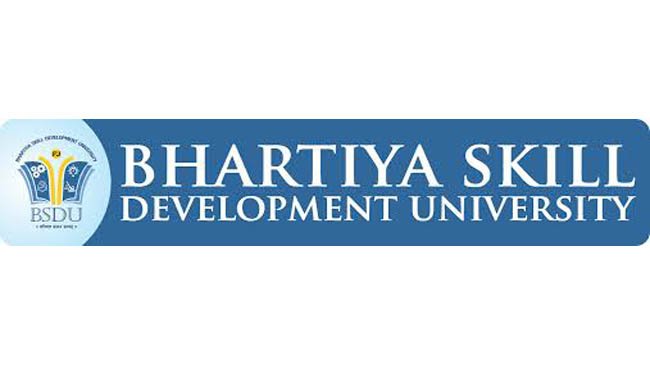

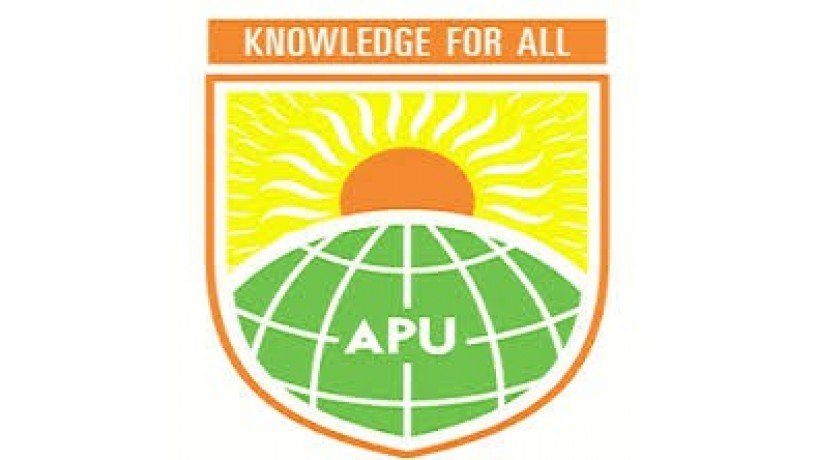
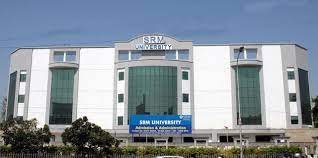




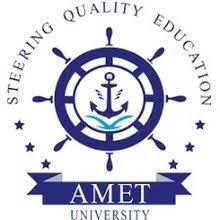



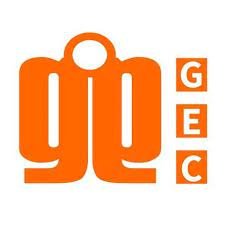





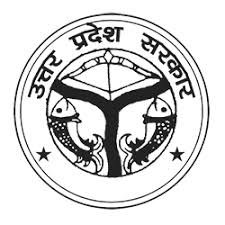

 back
back

